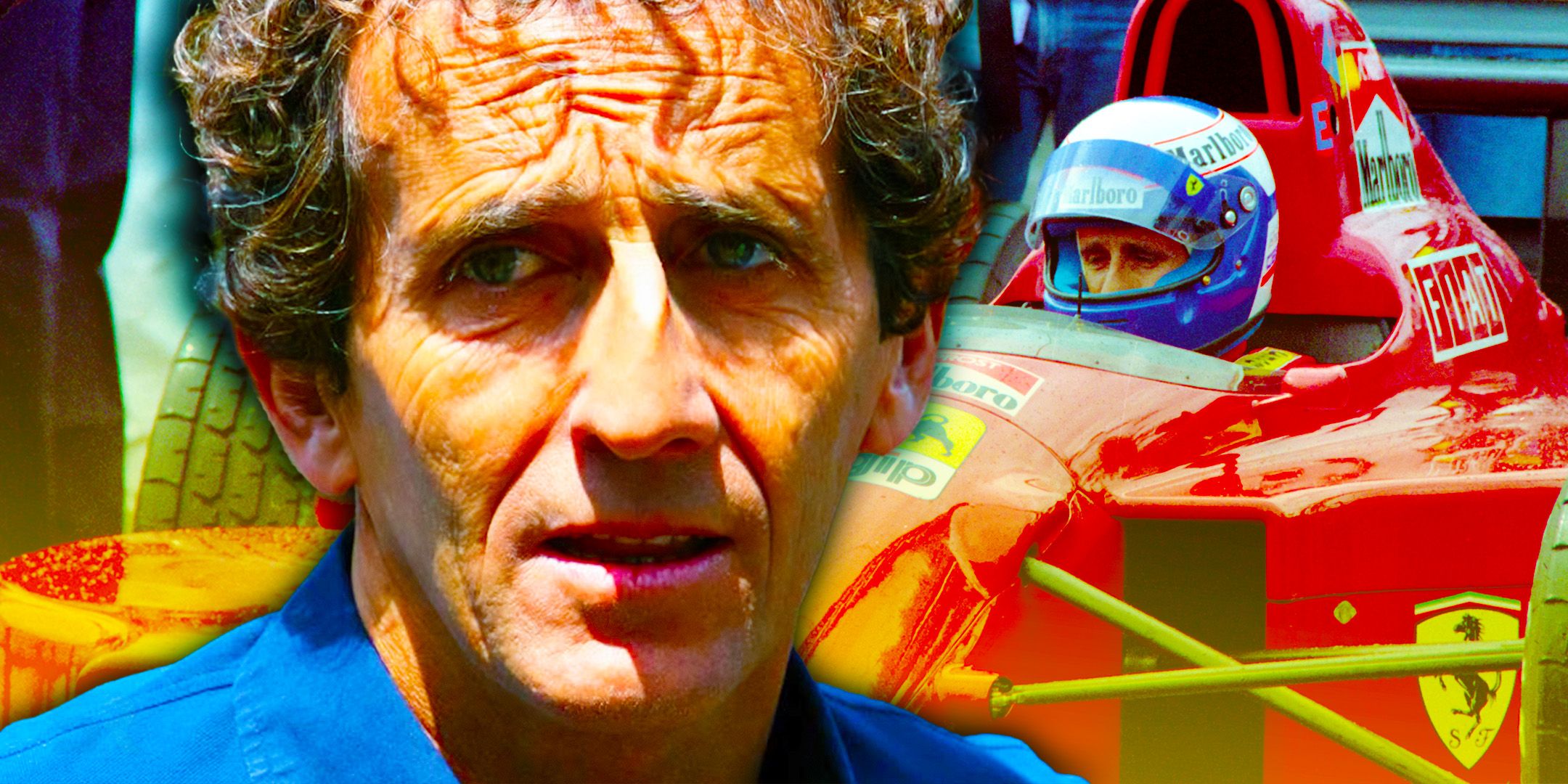In a shocking revelation that has sent ripples through the motorsport world, Alan Prost, the only Frenchman to ever clinch the Formula 1 World Championship, is facing an alarming oversight in his legacy. Despite dominating the sport with 51 race victories and four world titles, Prost remains an underappreciated figure, overshadowed by the likes of Ayrton Senna and Michael Schumacher. His career, marked by intense rivalries and dramatic controversies, is now being re-evaluated as fans and analysts grapple with the complexities of his legacy.

Prost’s journey through Formula 1 began in 1980, where he quickly established himself as a formidable competitor, winning races and earning accolades. Known as “The Professor” for his smooth and intelligent driving style, Prost’s career was defined by razor-thin margins and fierce competition. He battled legends like Senna, Nelson Piquet, and Niki Lauda, yet his achievements often fade into the background of public consciousness.
The recent discourse surrounding Prost has reignited discussions about the infamous 1989 Suzuka incident, where he deliberately crashed into Senna, leading to a scandal that tainted his reputation. Critics argue that this act of aggression not only jeopardized the lives of both drivers but also shifted the culture of racing towards a more reckless approach. The incident remains a pivotal moment in Formula 1 history, casting a long shadow over Prost’s otherwise illustrious career.

As the motorsport community reflects on Prost’s contributions, questions arise about the nature of legacy and recognition in a sport often dominated by a few iconic figures. Why does Prost, a four-time champion, remain overlooked in the annals of racing greatness? The answer may lie in the perception of his character, particularly in light of his rivalry with Senna, whose raw speed and charisma captured the hearts of fans worldwide.
Amidst this urgent re-evaluation, Prost’s accomplishments demand acknowledgment. His strategic brilliance and racing prowess set benchmarks for future generations, even if his tactics have drawn ire. As discussions intensify, the narrative surrounding Prost may finally shift, offering him the respect he deserves while simultaneously illuminating the darker corners of competitive racing.

With the motorsport world at a crossroads, the time has come for fans and analysts alike to reconsider Prost’s place in history. The complexities of his legacy, intertwined with moments of brilliance and controversy, reflect the very essence of Formula 1—a sport where the line between hero and villain is often blurred. As we delve deeper into Prost’s career, one thing becomes clear: his story is far from over.





